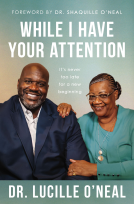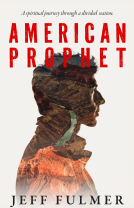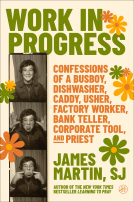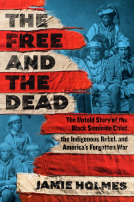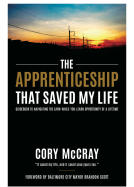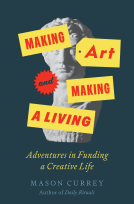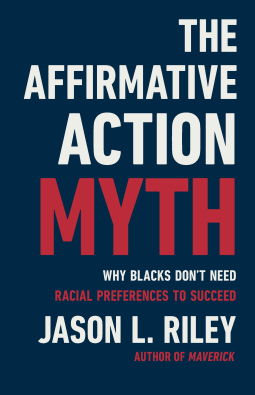
The Affirmative Action Myth
Why Blacks Don't Need Racial Preferences to Succeed
by Jason L Riley
This title was previously available on NetGalley and is now archived.
Send NetGalley books directly to your Kindle or Kindle app
1
To read on a Kindle or Kindle app, please add kindle@netgalley.com as an approved email address to receive files in your Amazon account. Click here for step-by-step instructions.
2
Also find your Kindle email address within your Amazon account, and enter it here.
Pub Date May 06 2025 | Archive Date May 06 2025
Talking about this book? Use #TheAffirmativeActionMyth #NetGalley. More hashtag tips!
Description
After the Supreme Court ruled in 2023 that the use of race in college admissions was unconstitutional, many predicted that the black middle class was doomed. One byproduct of a half century of affirmative action is that it has given people the impression that blacks can’t advance without special treatment. In The Affirmative Action Myth, Jason L. Riley details the neglected history of black achievement without government intervention. Using empirical data, Riley shows how black families lifted themselves out of poverty prior to the racial preference policies of the 1960s and 1970s.
Black incomes, homeownership, and educational attainment were all on the rise in the first two-thirds of the twentieth century and began to stagnate only after affirmative action became the law of the land, tainting black achievement with suspicions of unfair advantage. Countering thinkers who blame white supremacy and systemic racism for today’s racial gaps, Riley offers a more optimistic story of black success without racial favoritism.
Available Editions
| EDITION | Other Format |
| ISBN | 9781541604551 |
| PRICE | $30.00 (USD) |
| PAGES | 288 |
Available on NetGalley
Average rating from 3 members
Readers who liked this book also liked:
Scott Michael LeRette
Biographies & Memoirs, Christian, Parenting, Families, Relationships
Jeff Fulmer
General Fiction (Adult), Politics & Current Affairs, Religion & Spirituality
